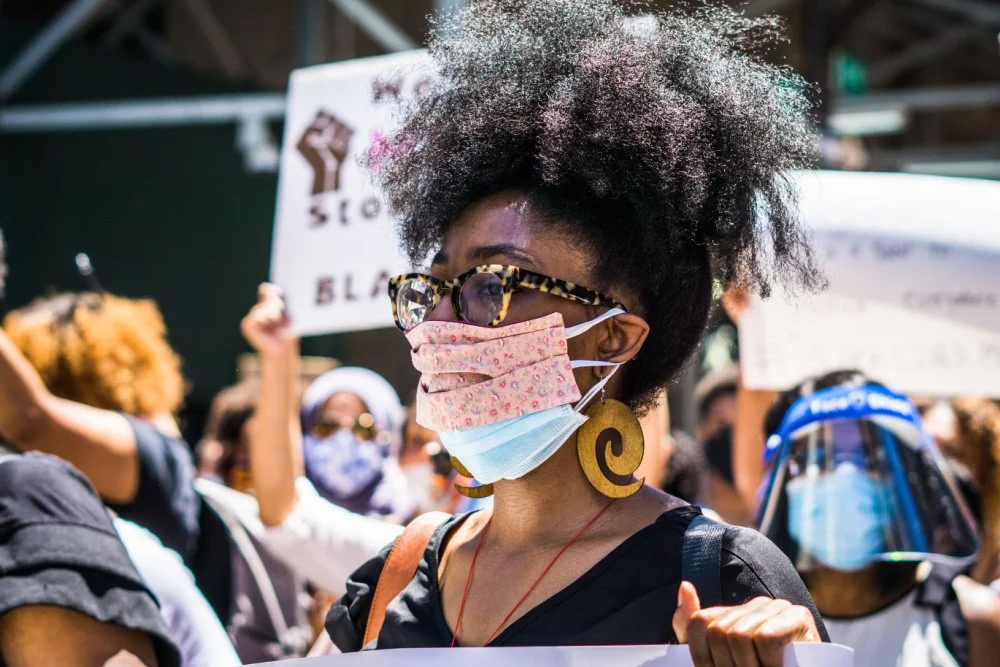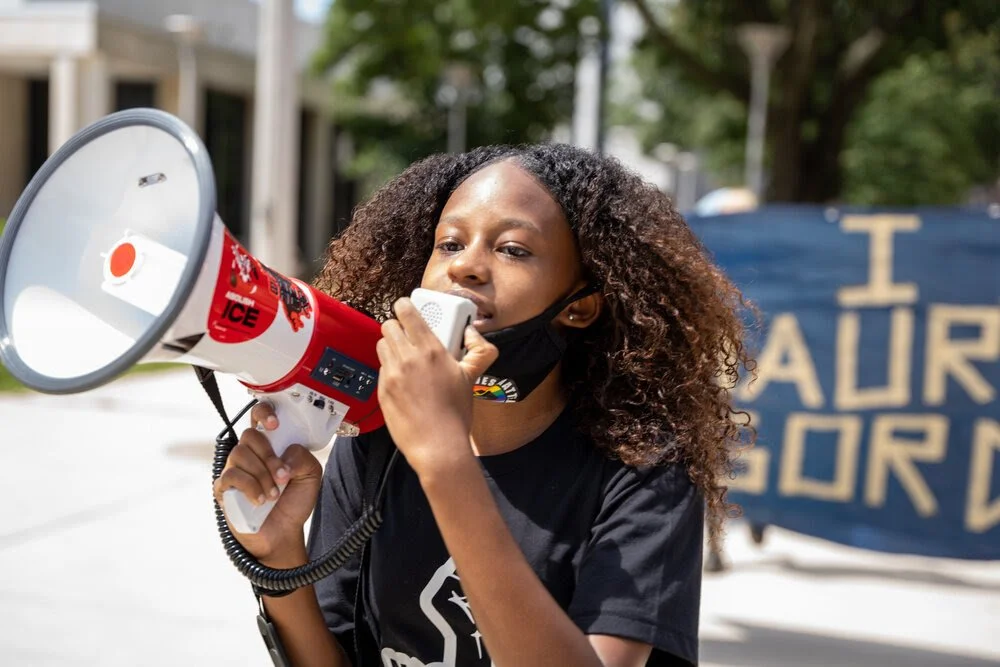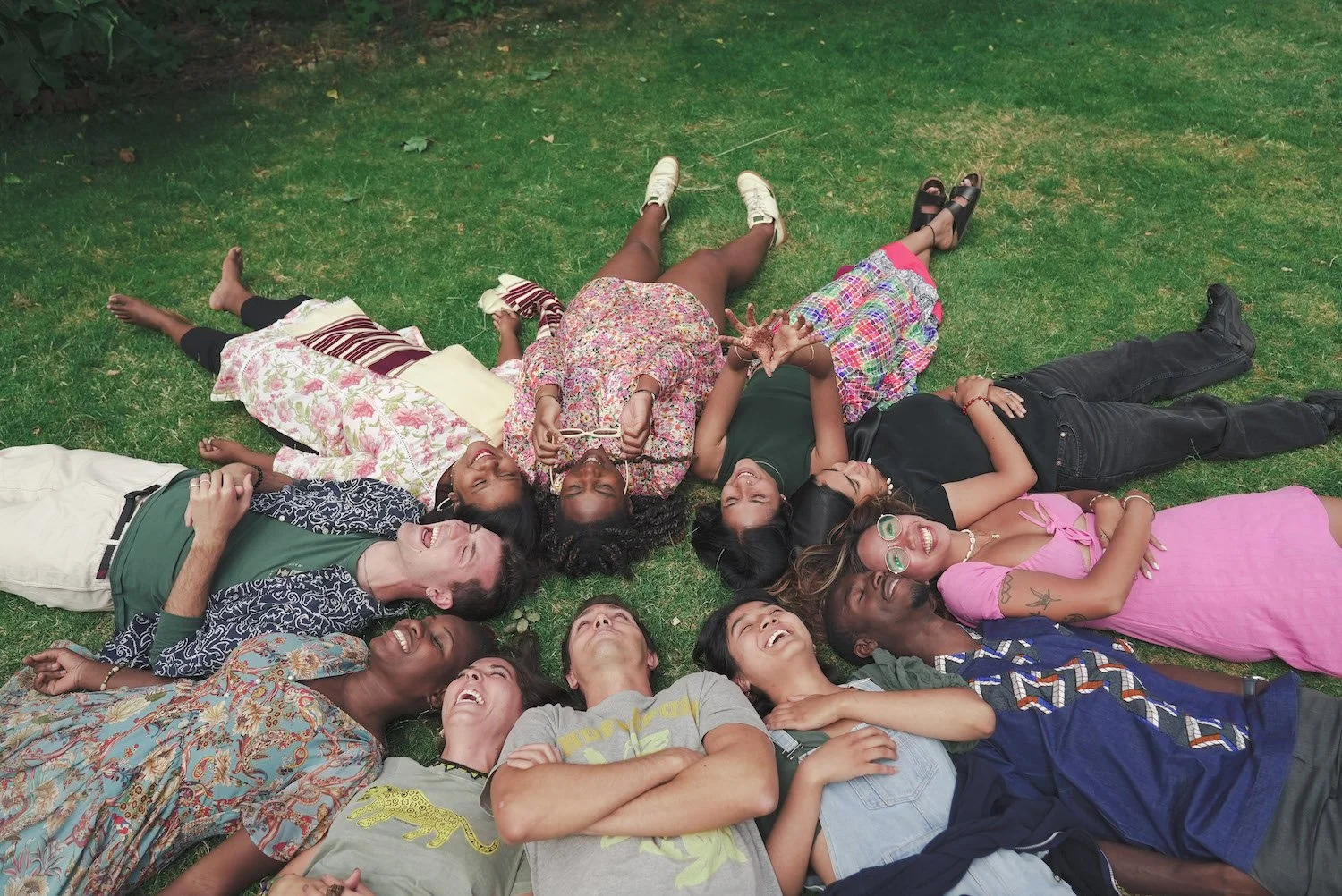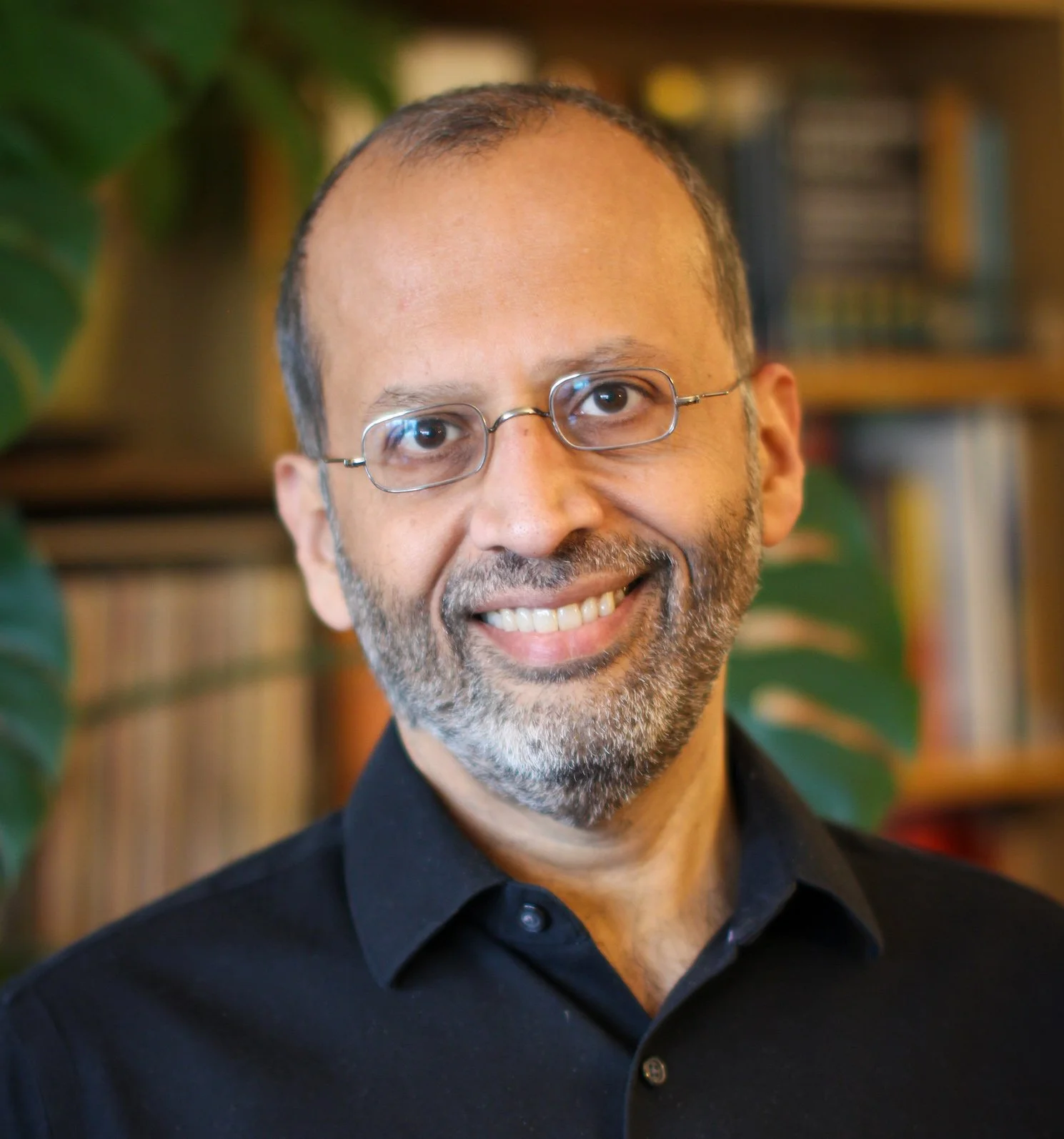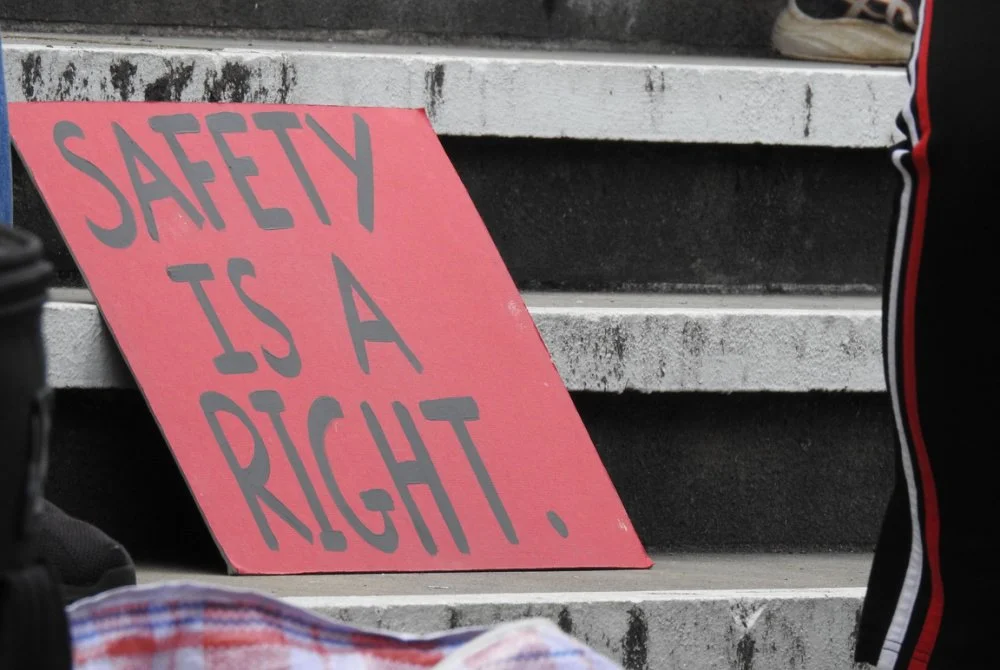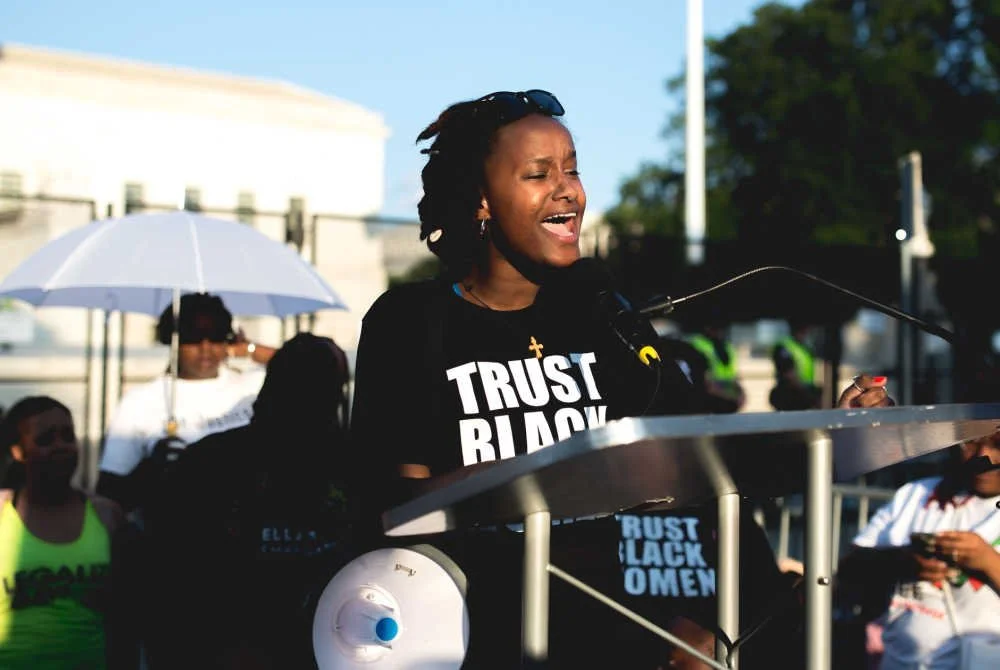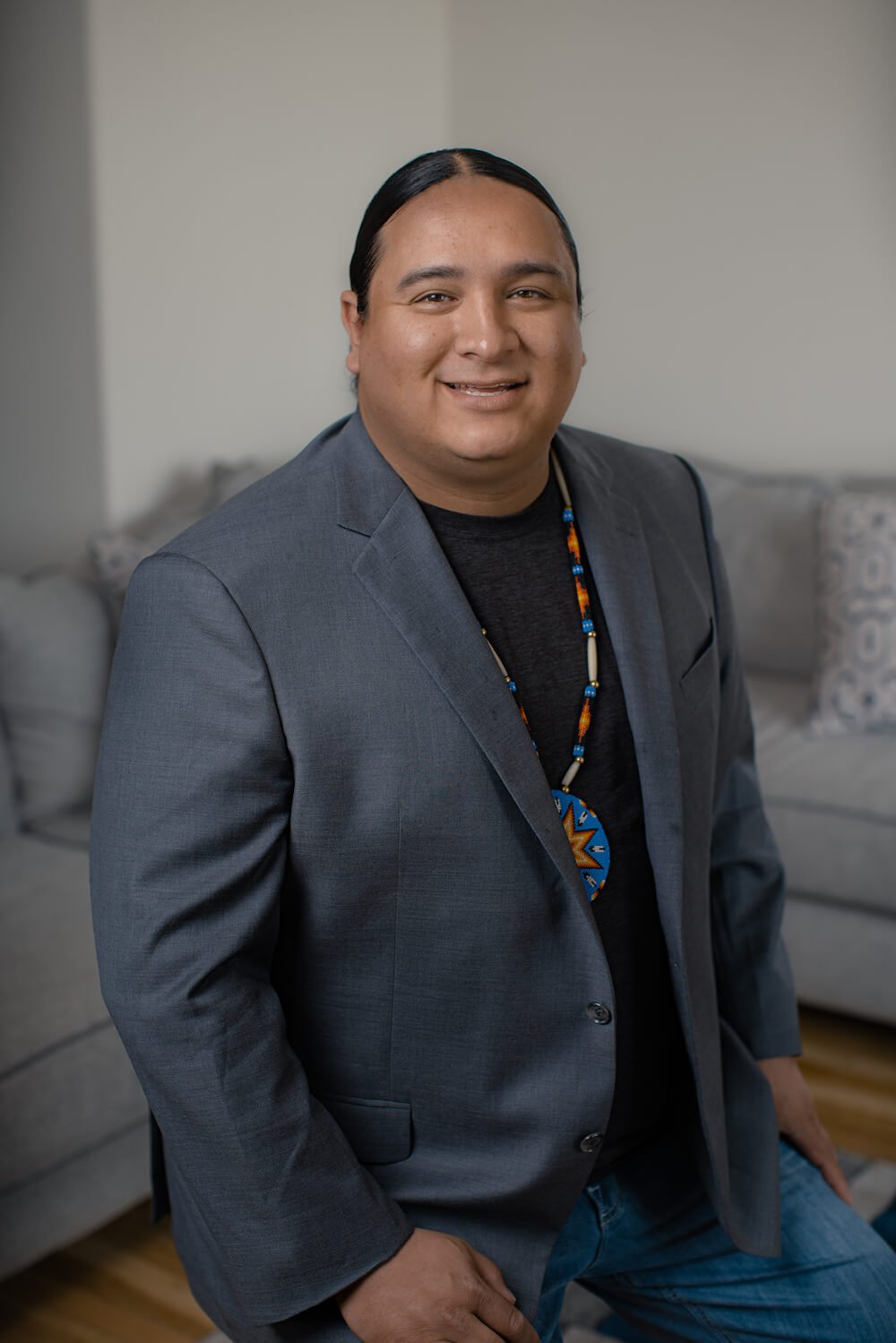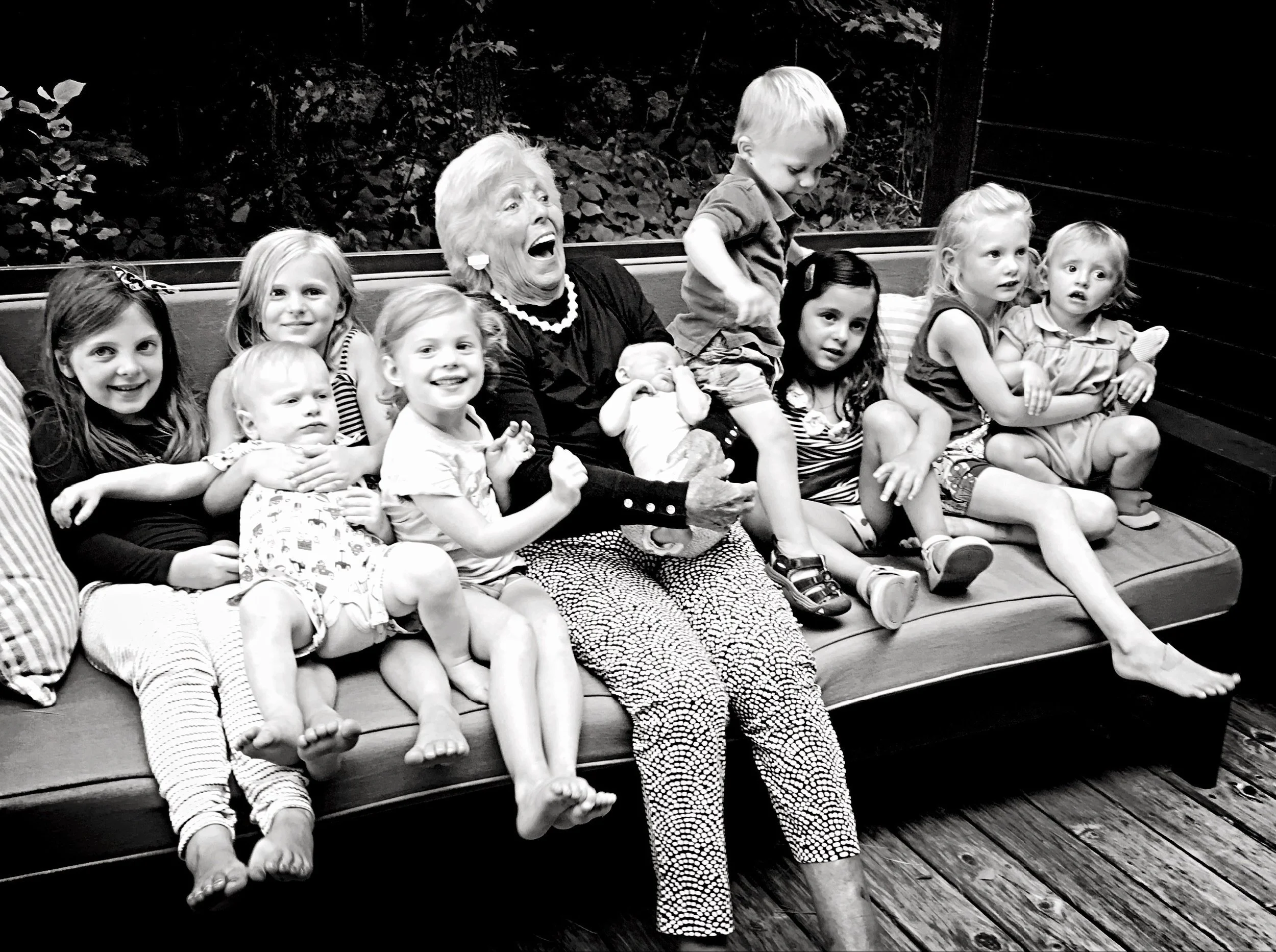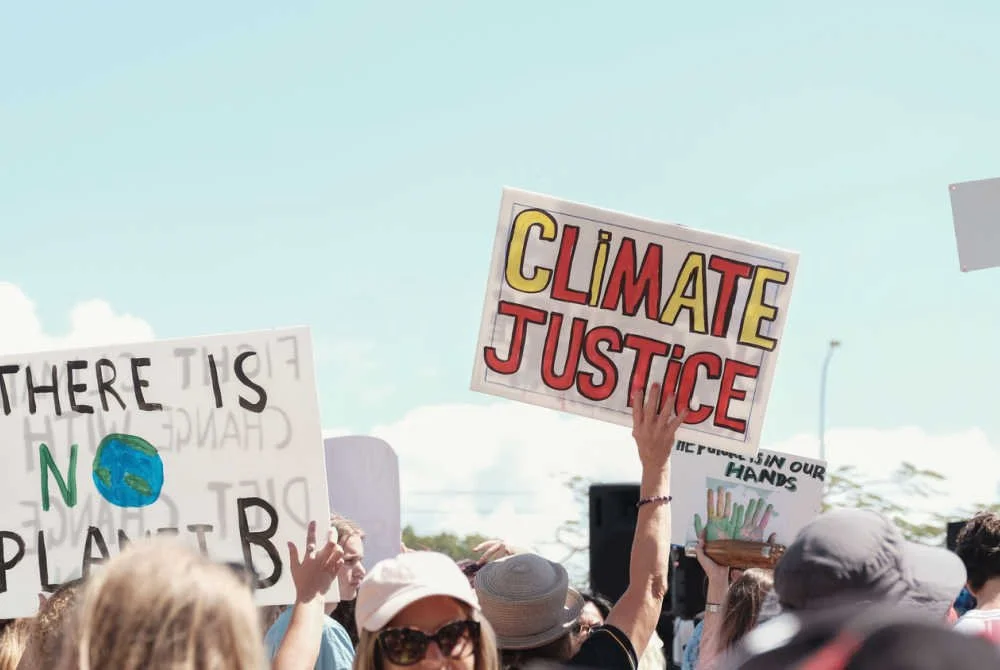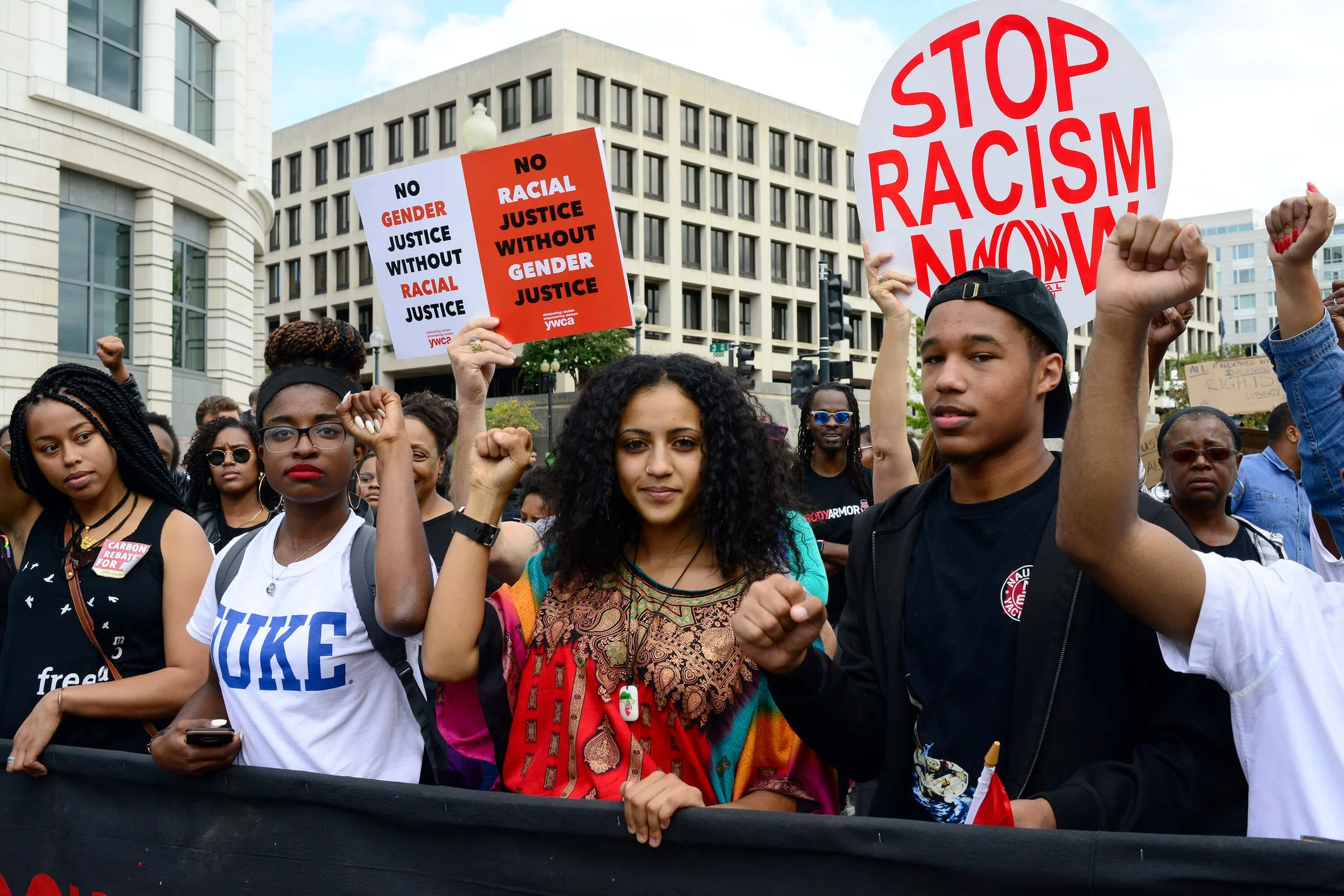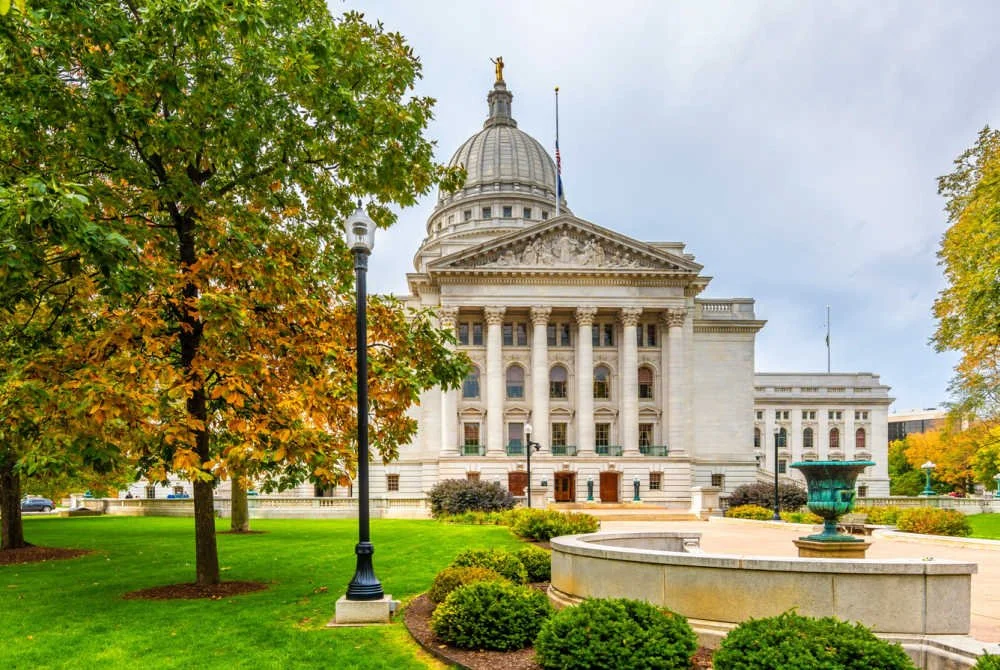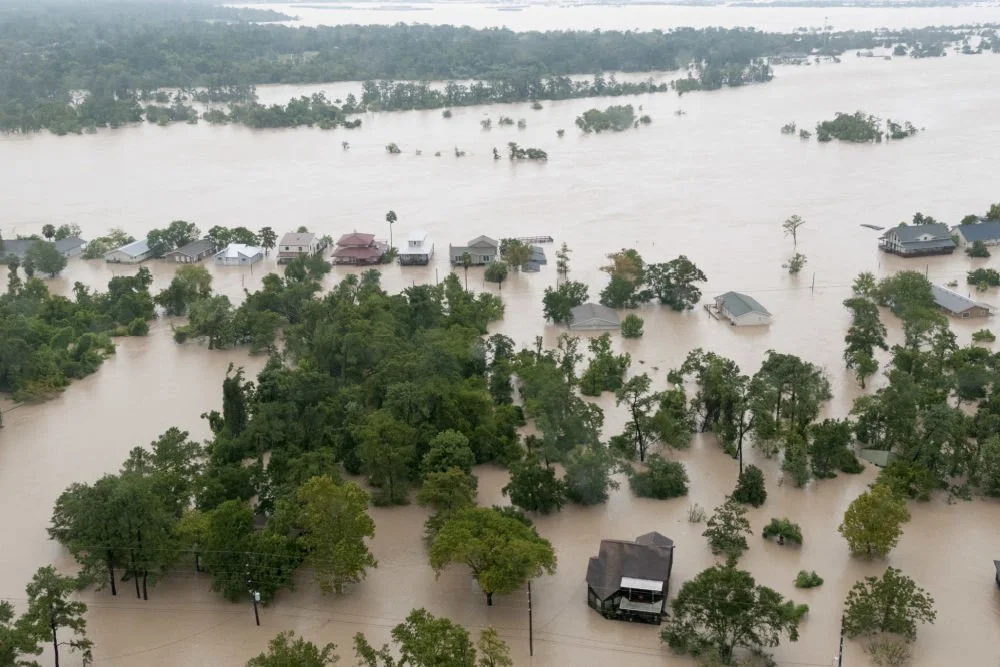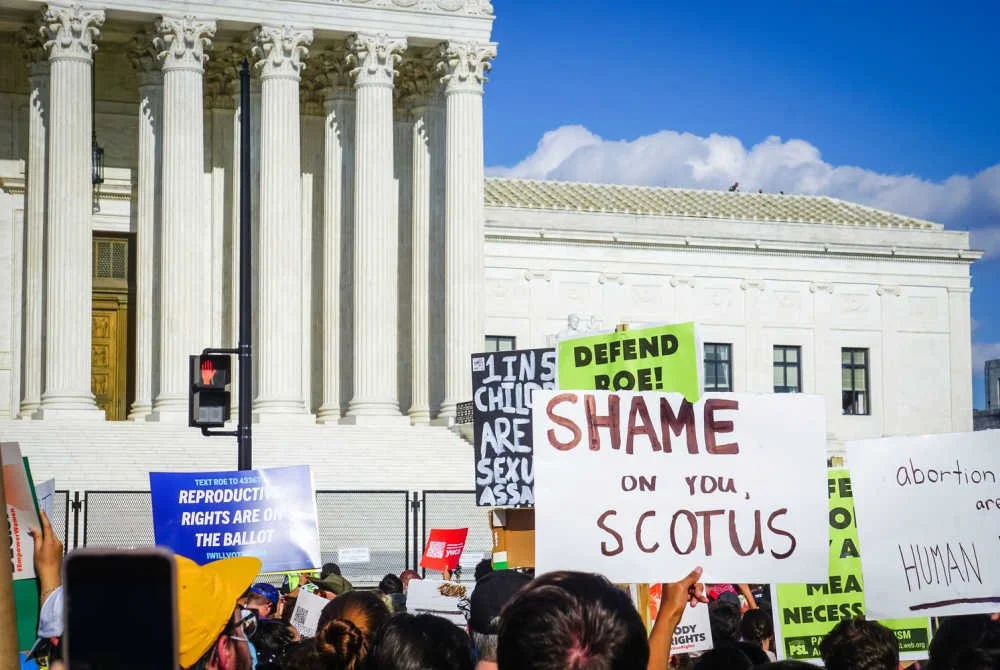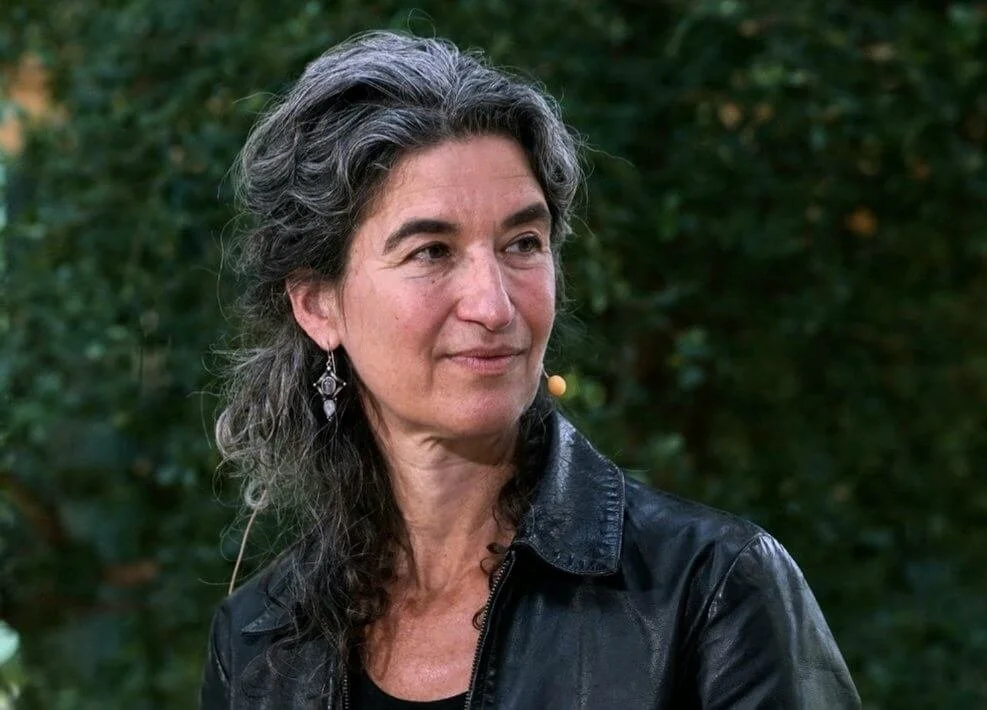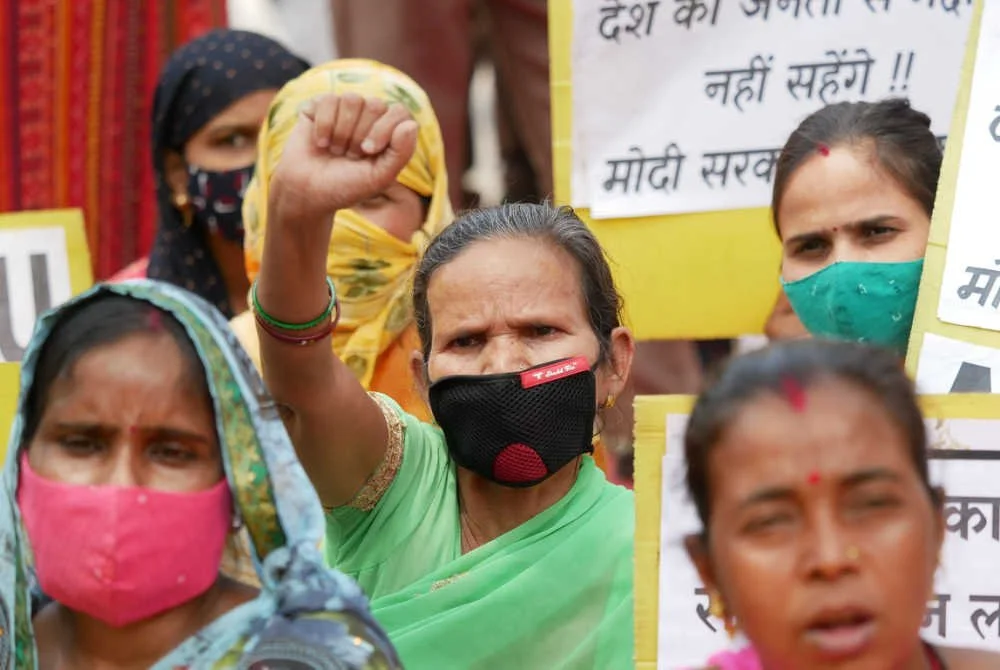Transactional to Transformational: A Fellowship Aims to Disrupt Philanthropy as Usual
/A group discussion at the New Orleans African American Museum with The Weavers Fellowship team and closing ceremony attendees. Photo by Jazz Franklin.
In late October, the Weavers Fellowship held its closing ceremony in New Orleans at the African American Museum for its first-ever cohort of five Black leaders who are, as fellow Marlon Peterson says, “reimagining Black possibilities.” Led by Peterson, the ceremony ended with a dozen people dancing soca (high energy music from Trinidad), jumping with joined arms to the beat of “Famalay” around Willa Conway’s kitchen island at her home near the Seventh Ward. Everyone was screaming with laughter, bouncing in unison doing laps around leftover frittata, empty champagne glasses and sunflowers.
This is not the typical scene in the ever-growing list of philanthropy conferences aiming to disrupt the traditional funding paradigm. Recent convenings associated with social justice philanthropy—i.e., philanthropy that attempts to be in alignment with communities it serves—more typically involve earnest discussions of Edgar Villanueva’s excellent book “Decolonizing Wealth,” exclusive funder briefings, or drawn-out workshops with abstract iconology on flip-chart paper in sanitary rooms with drab carpet, bad coffee and freezing cold air conditioning.
Responding to a Funding Gap
The Weavers Fellowship was founded in 2017 by the fellows themselves—kai lumumba barrow*, Shana M. griffin*, Key Jackson, Nabilla Lovelace and Marlon Peterson—and Willa Conway, with the support of movement advisors. Since then, Allen Kwabena Frimpong and La Tonya Green have joined the project and sit on an “Anchor” team with Conway.
According to its website, “The fellowship seeks to weave a liberatory framework for revolutionary art/s, grassroots cultural organizing, and movement-building philanthropy through a network of support that is needed to revolutionize philanthropy and create a restorative economy based in the U.S. South.”
Each of the five fellows have received $50,000 for three consecutive years, plus additional funds for technical assistance, funded solely by Conway, age 31. Thus far, Conway has invested approximately $1.2 million in the project.
The fellowship, which “started as a response to the reality that Southern, Black-led organizing, as well as work led by women, gender-queer and formerly incarcerated folks tends to be the most underfunded in the country.”
The fellows’ work ranges from multidisciplinary enterprises rooted in centering Black feminist thought to grassroots and “kinship”-based organizing trainings that incorporate healing into political activism. The projects include socially engaged art practices that explore the radical imagination, a traveling literary festival, and a podcast highlighting the experiences of the formerly incarcerated.
Resource Mobilization
In 2012, Conway moved to New Orleans and got involved in Resource Generation, a group that organizes young people with wealth to redistribute their money to grassroots social justice organizations led by and for people of color. After the murder of Michael Brown by a white police officer in 2014, Conway worked with Resource Generation on the It Starts Today campaign, organizing $1.4 million in funding to more than 100 Black-led groups “organizing for Black liberation” across the U.S., including her largest donation at that time of $100,000.
In a blog post for the campaign, she wrote, “The [campaign is] not just about raising money, but about working together to understand and shift systems of oppression that condone state violence against Black bodies. We must draw the connections between wealth accumulation and the very violence we are witnessing. Part of this work is shifting analysis from ‘I have wealth and others do not’ to an analysis that lands on ‘I have wealth precisely because others do not.’”
This work catalyzed Conway’s commitment to looking more deeply at the intersection of trauma, white supremacy and class privilege, and ultimately emboldened her dedication to redistributing her inherited wealth—including $3 million and a $2 million donor-advised fund managed by Chordata Capital. She anticipates inheriting more in the future.
In the spring of 2019, Weavers launched another cohort, but of donors. “Resource mobilizers” will work together and in tandem with the fellows. So far in this eight-month pilot, they have mobilized $100,000 and are developing additional donor workshops and public events. To qualify, cohort donors are asked to contribute on a sliding scale and commit to the pilot in full. Conway also notes that the dynamic of one white wealthy woman with five Black grantees isn’t the model she or the fellows want to be replicated.
Individual Giving and Special Events Director Dondy Marie Moreland at Astraea Foundation is working with Weavers to develop donor-organizing programs. Moreland believes that Weavers is “so essential because we need philanthropy to be as imaginative and courageous as the folks in the field.”
Conway discusses the tensions between the urgency of moving money and doing so in a way that is not transactional. “An antidote to capitalism is moving slowly and moving at a pace that honors the humanity of everyone involved,” she says.
Conway explains that in order for this project to be sustainable, they are going to need outside investment. The fellowship isn’t concerned with fast growth, but it wants to ensure that this endeavour leads to more funding opportunities for the fellows. With this in mind, the team is pausing before recruiting the next cohort of fellows and developing a robust donor-organizing program.
New Orleans and the Importance of the South
In partnership with the Grantmakers for Southern Progress, the National Committee for Responsive Philanthropy reports that from 2010 to 2014, the U.S. South received $41 in foundation funding per person, compared to the national funding rate of $451 per person, with 16 percent of the $55 million given by foundations in that timeframe for community organizing.
Conway explains that moving to New Orleans as a white woman in philanthropy post-Hurricane Katrina was fraught. She set out to build relationships with Black organizers and learn more about how philanthropy really functioned in the city. In this process, she met Shana M. griffin (now one of the fellows) whose work about New Orleans greatly influenced her consciousness. Conway learned about the interconnected histories of violence in the city—indigenous genocide, slavery and systemic racial and gender economic marginalization—along with the lack of power-building philanthropic investment in the South.
New Orleans and other cities and towns across the Alabama Black Belt and Mississippi Delta are expected to suffer the worst economic impacts of climate change in the U.S. In August 2005, Hurricane Katrina hit New Orleans, disproportionately devastating Black communities. For centuries, Black, Native and marginalized Southerners of color have implemented robust strategies for resilience, especially those residing closest to fragile wetlands and coastal plains. However, “grassroots groups and groups led by people of color are often not included in discussions about disaster recovery.”
Inside Cross-Class Organizing
Conway and kai lumumba barrow met in New Orleans in 2015 while working on barrow’s citywide art installation marking the 10th anniversary of Hurricane Katrina. They became friends, and eventually, barrow asked Conway for a donation to Gallery of the Streets, the art and activism network founded by barrow to produce community-driven, public art projects. “Although we were friends and collaborators,” barrow explains, “the ‘ask’ is uncomfortable territory.”
“There are so many reasons why it was weird for me—race, class, gender—asking someone younger than me for money.” barrow explains that in order to rise above the discomfort, both she and Conway have had to engage in deep learning about power and be really vulnerable. Through building trust over the years, barrow has been able to view their relationship “contextualized in the history of abolition.”
barrow continues, “What Weavers offers is a way for people to be engaged in an active transformative process that allows them to see and materialize a possibility for something else. For wealthy white folks, they can say to themselves, ‘I’m a part of transforming a world that my people contributed to jacking up.’”
Moreland agrees. She describes how Astraea (and many other groups) lose donors all the time because they don’t see themselves as imperative to the movement. “We need donor cohorts that are multi-class, interracial and intergenerational who share the dreams of the communities they are moving money to. These relationships must be rooted in trust and reciprocity.”
A Challenge to Philanthropy
La Tonya Green describes the fellowship as an invitation “to be your authentic self, in its beauty and in its messiness. There’s an expectation to be a certain way because of what [white supremacy] culture can tolerate. Not here.”
This same ethos can be found in how Weavers thinks about impact. Green explains that because they are not a big institution, they have more flexibility in terms of experimentation. They do want to understand their effectiveness, but outside of any conventional metrics. “It’s based on every individual. We’re asking them what their impact is. We do a lot of asking and a lot of listening.”
It’s difficult to place the Weavers Fellowship in the funding landscape or gauge its likely impact on the philanthropy sector. But while the fellowship is still in its infancy and its future is unknown, its unconventional elements deserve attention—including the fact that fellows are not siloed as activists or artists, and how donor organizing and transforming philanthropy are among its explicit intentions.
Drawing inspiration from Black feminists, the fellowship invites not just the philanthropic sector to go inward, but the human beings that make up philanthropy to reckon with their trauma, focus on healing, and do this work in community.
The Weavers Fellowship offers a window into emerging efforts toward radically reforming philanthropy. Witnessing its staying power will be revealing for the field.
*Shana M. griffin and kai lumumba barrow use lower case letters in the spelling of their names.







